Former Pro-Cyclist Phil Gaimon Has Found the Secret to Motivation—and It’s Something Anyone Can Do
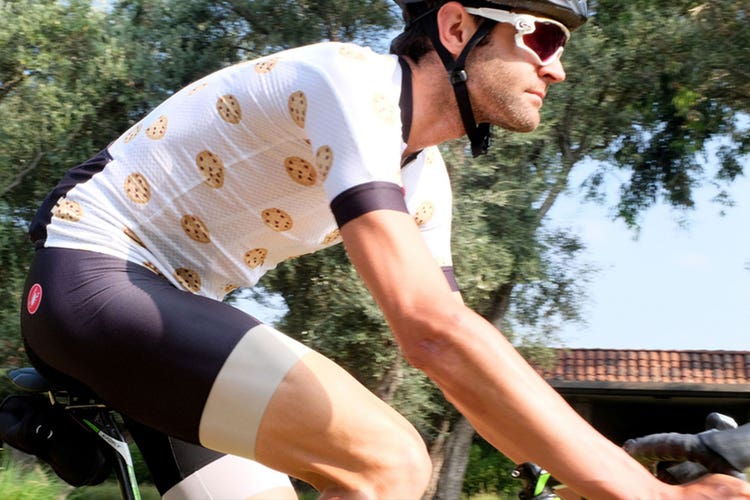
As a 13-year-old, Phil Gaimon was told by his doctor that he was obese. “I was 30 percent body fat and didn’t feel good,” Gaimon recalls. The son of two college professors in Atlanta, Gaimon—a self-described nerd—says he also struggled with depression and would skip school regularly.
Too young to drive, Gaimon started riding his bike everywhere—to school and friends’ houses. Even when he turned 16, Gaimon says he couldn’t afford a car. After a summer of biking, Gaimon says he dropped 40 pounds and noticed his depression lift.
“I went to college, and all I knew was I liked riding bikes. So I joined the cycling club at the University of Florida, and that was how I got into racing,” he says. “I wasn’t educated about fitness. Exercise wasn’t a part of my life, and then it kind of happened and I enjoyed it.”
Gaimon, who says racing was the first real thing that came naturally to him, started winning races. After college, he spent 10 years in the pro-cycling world, first in the American league and then in Europe, where he says he was good but not good enough.
“I started in the American league, which is sort of like playing basketball in Europe, like it’s legitimate but pretty fringy,” he says. “But the real sport is in Europe, and I got a late start for anybody who races in the world tour, so it was a lot of races getting paid next to nothing, and host houses, and driving around and trying to figure it out.”
Worst retirement ever

After three years of racing in Europe, Gaimon retired from pro cycling at age 30. In his retirement, he started his YouTube channel, Worst Retirement Ever, to promote cycling as the best way to see the world.
“I would go on Facebook and say, ‘What town am I going to next?’ And whatever got the most votes, I’d show up and cycle and make a little video about it,” Gaimon says. “And then I added the charity component to add purpose to it.”
Over the last few months, Gaimon has been living out of a van and cycling across the U.S., raising money for No Kid Hungry. His goal? To raise $100,000—which he believes he will hit.
“Every year, I try to find something special—my summer mission—and this year, it is to raise money for No Kid Hungry,” he says. “I’m going to come to your town, I’m going to ride with you and you’re going to donate $10 as a price to come hang out.”
Life in the fast lane

Life on the road, both as a pro athlete and living out of a van, can definitely challenge your health and fitness goals. Luckily, Gaimon says, he found ways to stay healthy during competing and even now in his retirement.
“With 24 Hour Fitness, I could find a gym wherever I was, pop in and get my workout in,” he says, adding that the gym has been a great way to cross-train his core, balance, stability and strength off the bike during his trip across the country.
“Core, strength, balance equal injury prevention and overall health because high-level endurance sports aren’t actually good for you,” Gaimon explains. “The gym compliments that. You go do the gym work and you’re steadier.”
Nutrition on the road can be tricky, too, especially when you’re known for your love of cookies.
“When I first started racing, I was writing a blog for Bicycling magazine. At some point, I had a bad weekend and said, ‘Everything sucks, except this cafe in this town has a great cookie and I highly recommend it.’”
At his next race, some of his followers brought him cookies. Flattered, Gaimon says he tweeted about it to his small group of followers.
“It gradually snowballed. As I got faster, I got more known, and by the end, like my last couple of years, the team bus would show up at a race, and there would be 10 people outside the place with cookies for me,” he says, laughing. “It was amazing. So I just started to own it.”
Over the last four years, Gaimon has hosted a fundraising event in Malibu, California, centered on his love for cookies. People from all over come to ride with Gaimon, and at stations throughout the course, Gaimon’s friend, a celebrity chef, has gourmet cookies waiting for participants.
“It’s not a race; it’s a big bike party every October,” he says. “My idea is that people used to give me cookies. Now I give cookies back to the people.”
People still show up to greet Gaimon with cookies, but for Gaimon, healthful living is all about consistency and balance.
“The van had a kitchen, so I was able to eat well on the road—a lot of Whole Foods dinners,” he says.
Health is wealth
So what does the near future hold for the cyclist? A recent severe injury currently has Gaimon in a cast and placed his U.S. cycling tour on hold.
“USA Cycling asked if I wanted to test for an Olympic event for next summer on the track, which is a different discipline that I haven’t done in a long time,” Gaimon says. “I wanted to see how far I could get, and this was my first real race on the track. Somebody was passing me from behind, and they hit my elbow over my handle bars and sent me straight down at 45 miles an hour.”
Gaimon broke his scapula, collarbone and six ribs, and is undergoing physical therapy to rehab his injuries. “I’m riding a little bit, a stationary bike, but can’t wait to get back outside and see what my fitness level is and what’s next,” he says.
Whether it means making it onto the Olympic team or not, Gaimon says he’s not giving up. “I’m just going to see what happens,” he says.
This unwavering motivation comes from Gaimon’s deep love for cycling—something he says anyone can find if they just find something they love.
“If you have trouble with motivation, you’re not doing it right,” he says. “I don’t think going to the gym should feel like work. It should feel rewarding and refreshing. Mix it up and make it interesting, and find a way for it to not be a chore. I think that’s the problem for a lot of people: They haven’t found the activities they really want to do.”
For Gaimon, health is our “biggest currency”—something he believes many people lose sight of, and something he never imagined would become such a huge part of his life.
“Whatever else you have going on in your life, if you’re neglecting your health, you’ve messed up. I think people need to zoom out, and being injured has been humbling in a way,” he says. “I want to get back to where I feel good because that’s amazing. Feeling bad is not a thing anybody should put themselves through and nobody has to.”
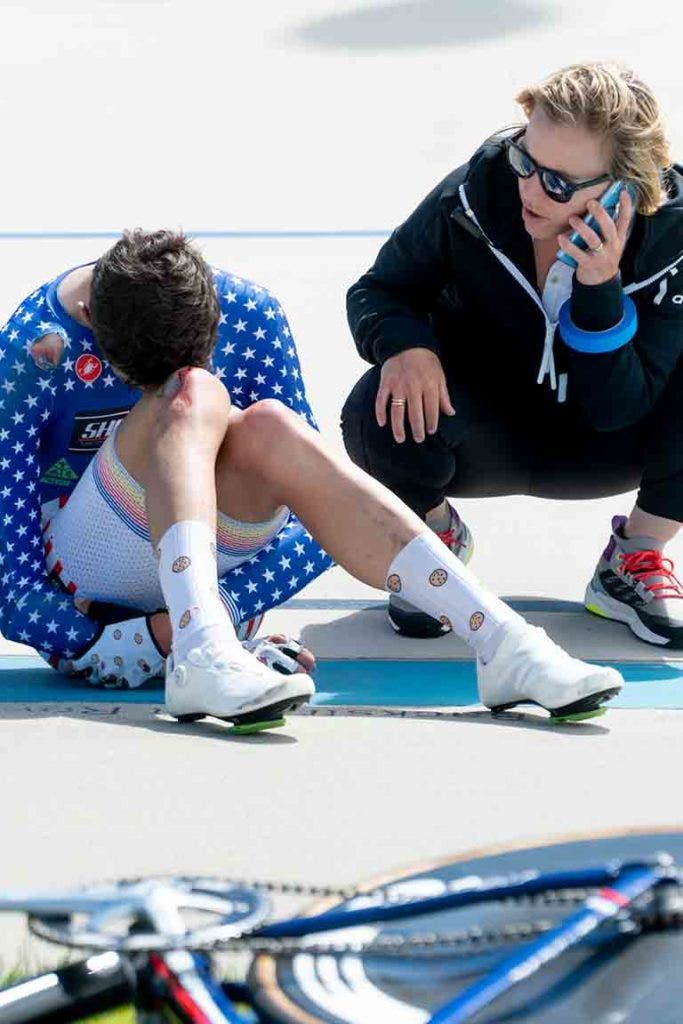
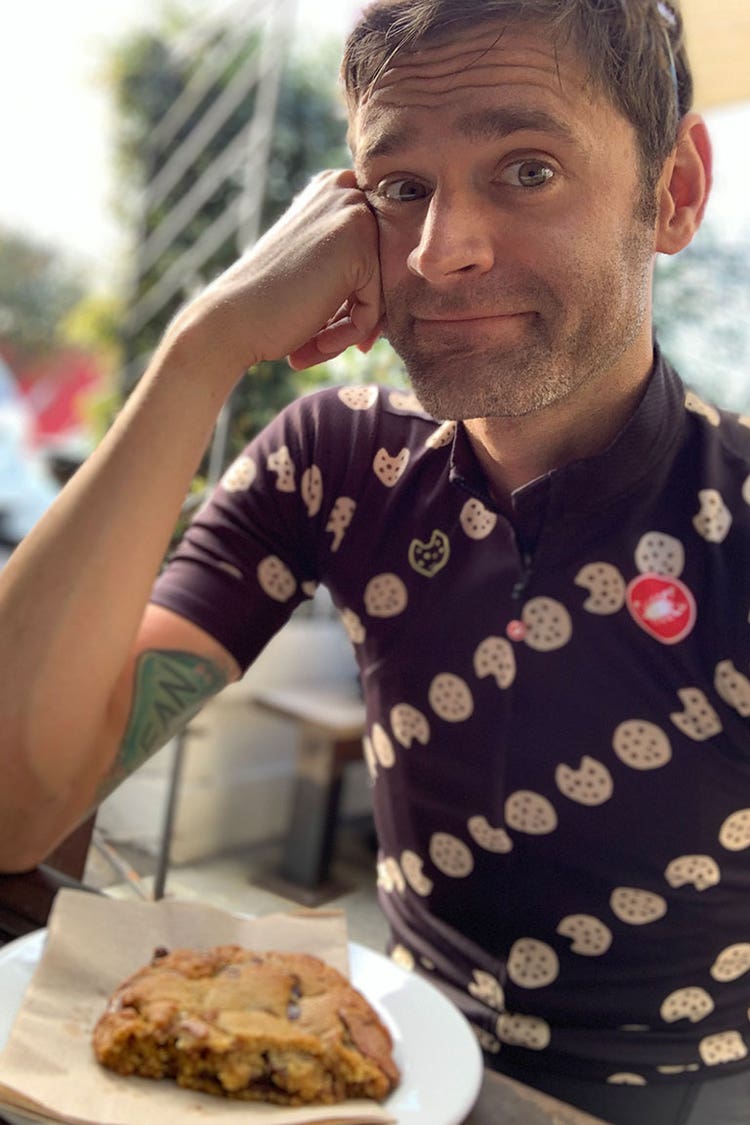
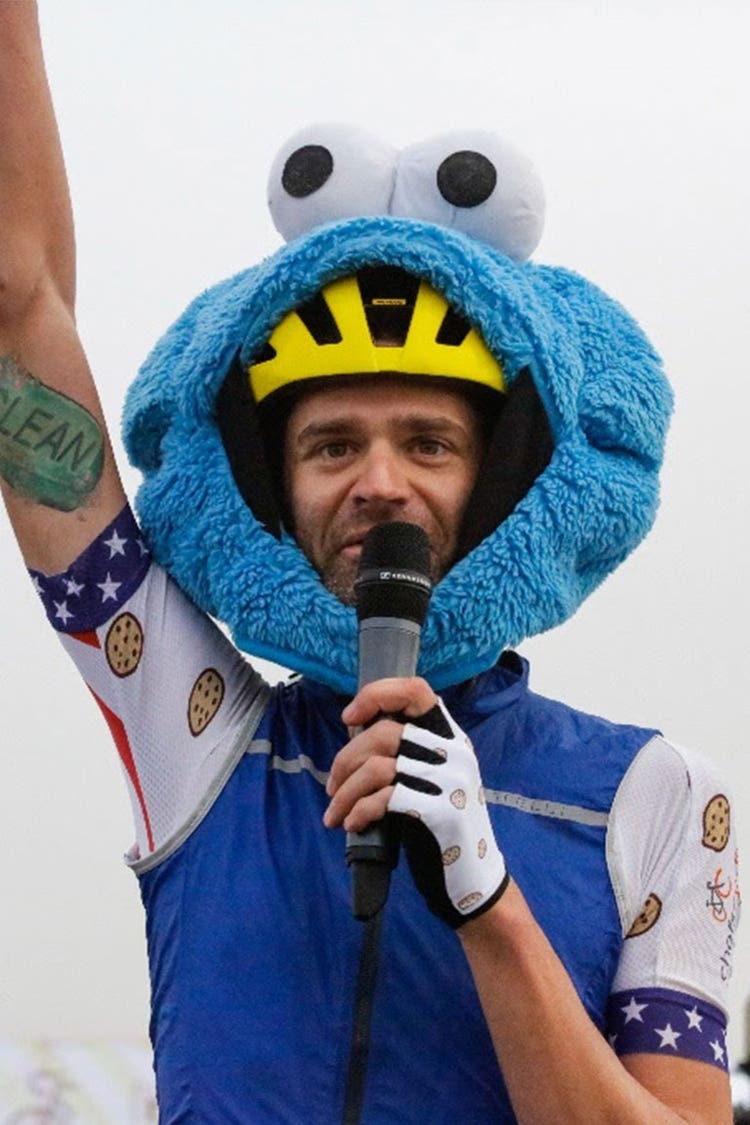
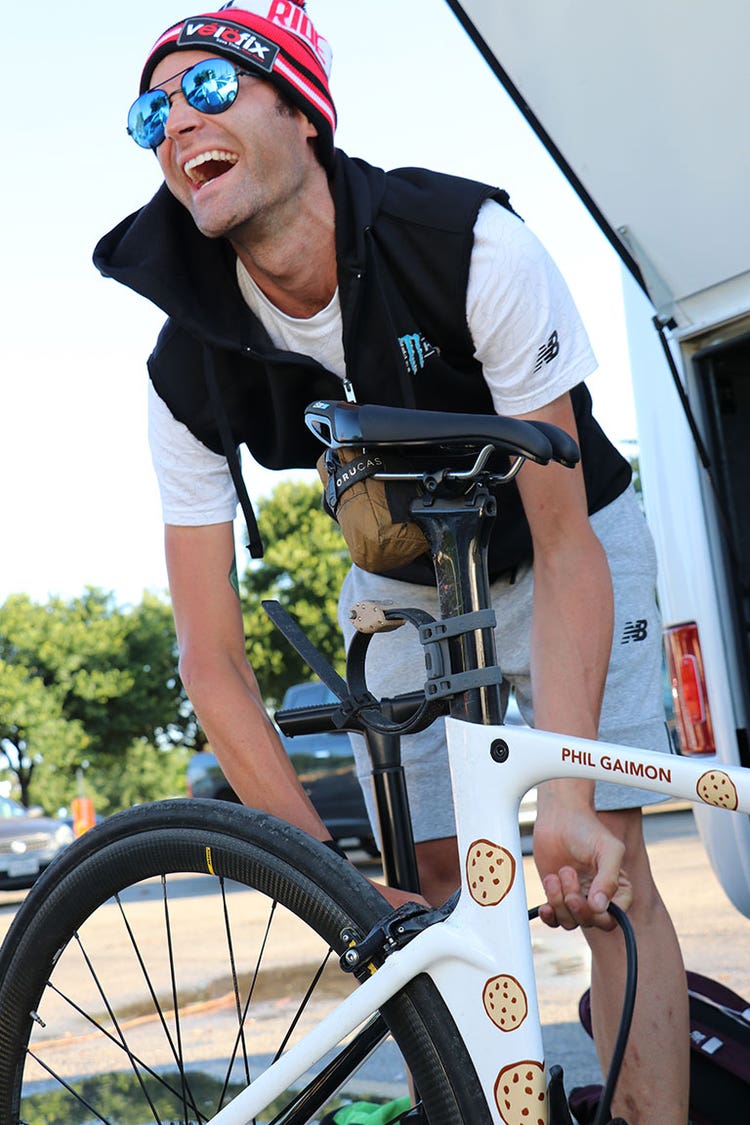
Video credit: pixdeluxe, Getty Images
Photo credit: Phil Gaimon